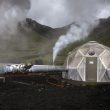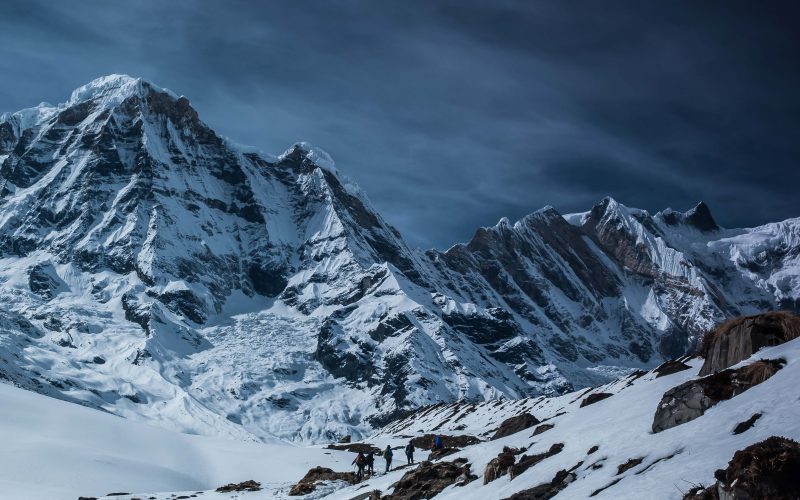A recent study published in Science reveals that nearly 40% of the world’s glacier mass is at risk of disappearing, even if global temperatures stabilise at current levels. If warming continues on its current trajectory, with a projected increase of 2.7°C by 2100, the loss could escalate to 75%.
The implications of such extensive glacial melting are profound. Beyond contributing to rising sea levels, the loss of glaciers threatens freshwater supplies for millions and increases the likelihood of natural disasters such as floods and landslides.
The study highlights the urgency of implementing effective climate policies. Current and near-term decisions will significantly influence glacier changes in both the short term and over the coming centuries.
In a related development, the World Meteorological Organization reports an 80% chance that at least one of the next five years will surpass 2024 as the warmest on record. This trend highlights the escalating nature of global warming and its impact on glacial stability.
The United Nations has declared 2025 the International Year of Glaciers’ Preservation, aiming to raise awareness about the critical role glaciers play in the Earth’s ecosystem and the urgent need to protect them.





















